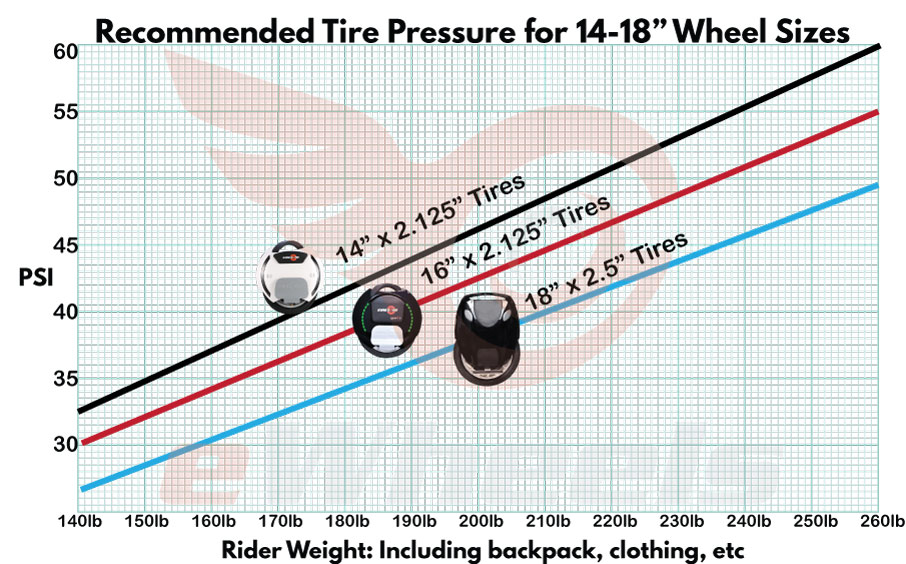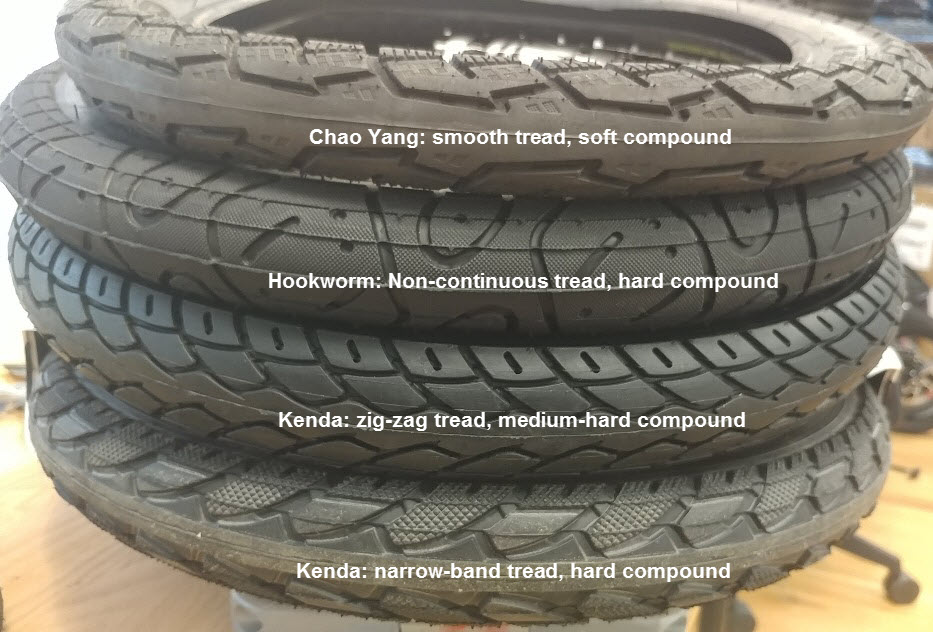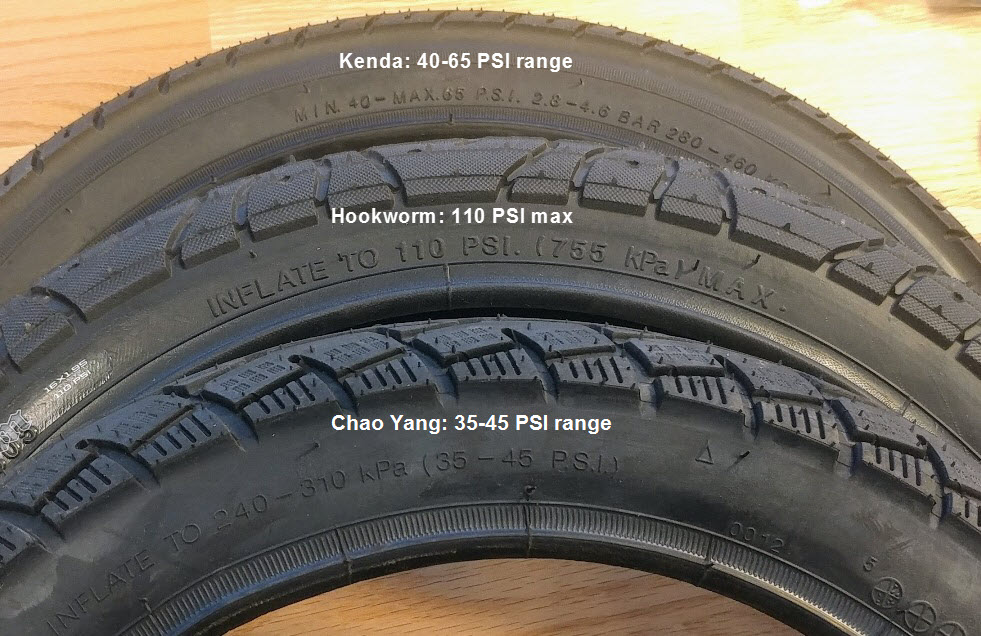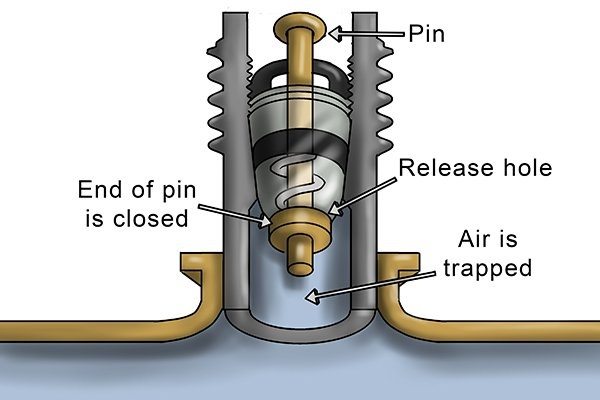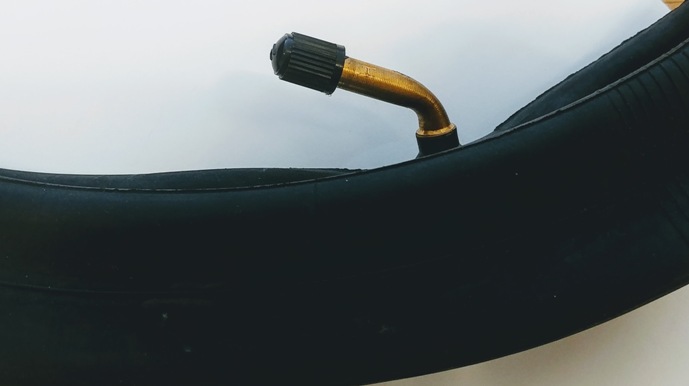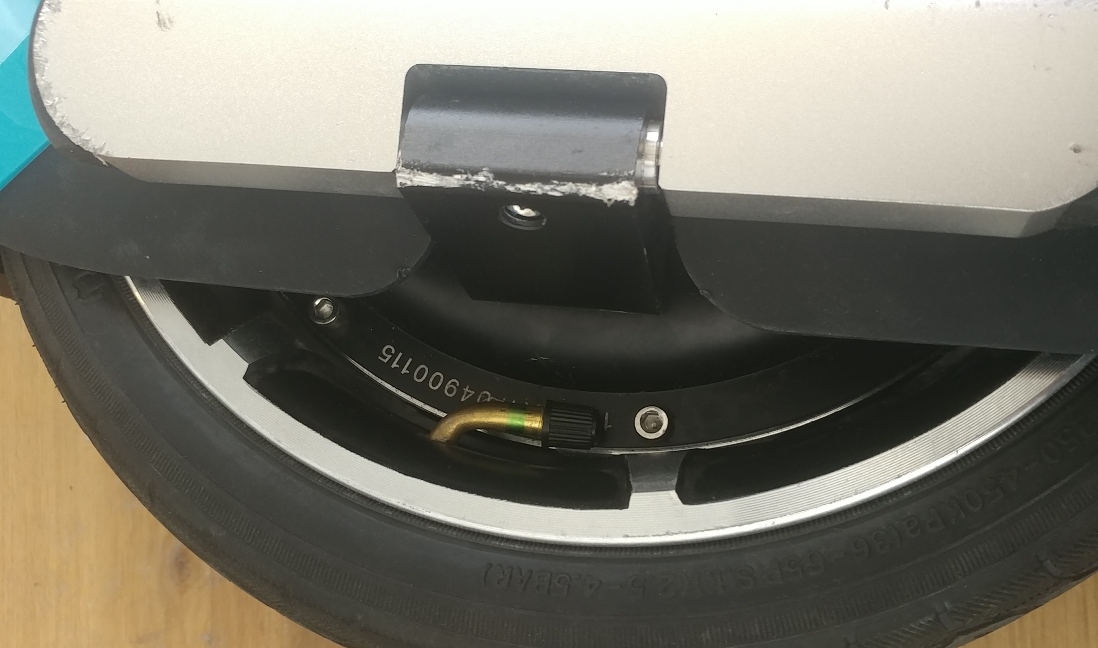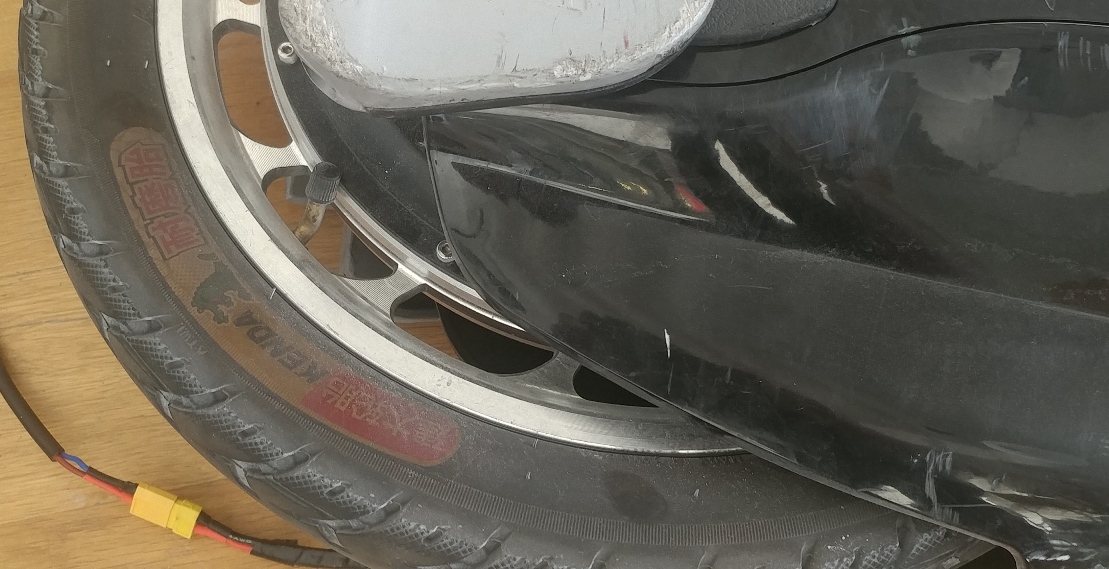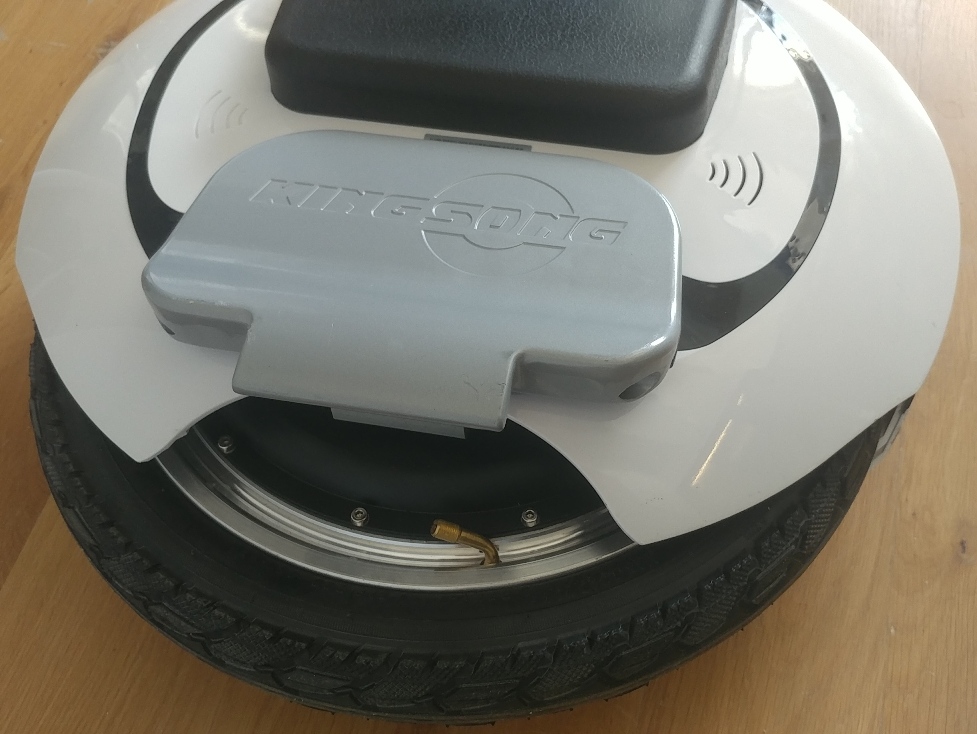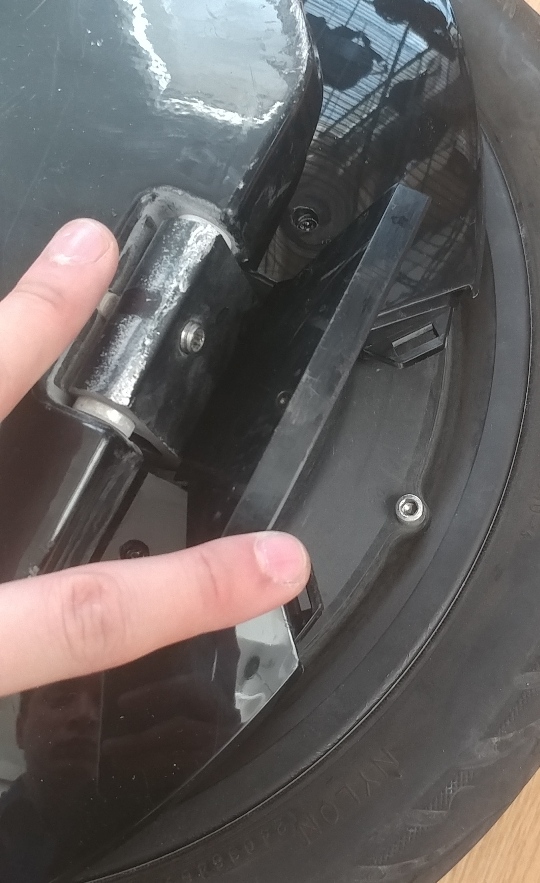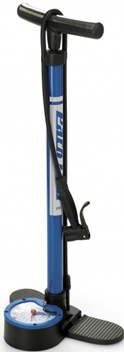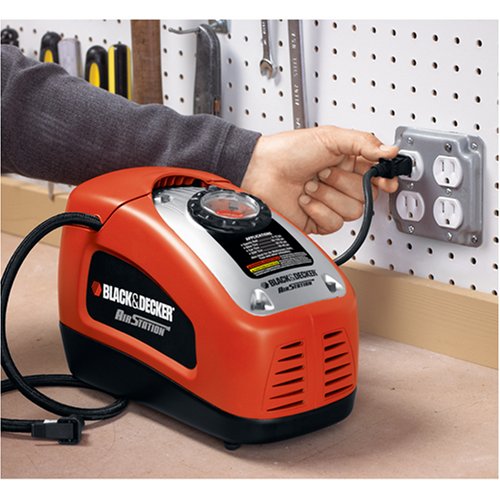Guide to Tires & Appropriate Pressures on an Electric Unicycle
Posted by Tom Lee on
One of the many attractions of an Electric Unicycle, is its inherent simplicity, what could possibly be more efficient than a gyroscopically guided direct-drive hub motor & fitted with a big battery pack? While these machine do not, yet, have suspension, the inflatable tire does a reasonably effective job at giving you a comfortable ride experience.
Finding the Right Pressure:
The correct pressure is a matter of finding a balance between an optimized efficiency & your preferred level of ride comfort. If the air pressure is too high, then it will not absorb any of the bumps or irregularity of the road, which is arguably the main point of having a pneumatic tire. If on the other hand there is not enough air, the tire creates what is known as a ‘rolling resistance’, it gets warm to the touch, reduces speed/efficiency & most problematic of all, causes premature flats—in our experience over 90% of all flats are a result of insufficient tire pressure!
As a general rule there are three factors governing the pressure to use in your Electric Unicycle:
- Wheel Diameter: on smaller diameter tires, more pressure is needed to retain the appropriate ‘profile’—which is the geometry of the contact point with the ground.
- Ride Weight: as more weight is added, you need more pressure to prevent the tire from getting too deformed.
- Preference: within the Electric Unicycle community, there are many diverging opinions about tire pressure; some like the precise feeling that a >65psi inflated tire offers, while others prefer the comfort of riding below the recommended level, for the Wheel’s ability to absorb a great deal more punishment. From my own personal experience on my ‘daily’ KS18S Wheel, at higher pressures than 35psi, the Wheel has a tendency to become over springy, which cab become a safety issue—on a few instances, I’ve missed a hidden bump on the road, causing the Wheel to become temporarily airborne. I weigh 170lb, & for me, at 35psi perfect achieves the desired balance.
Tire Brands, Treads & Durability:
Two of the most popular tire brands for Electric Unicycle manufacturers are the Kenda & Chao Yang, each has their own unique characteristics & properties. Gotway typically fit their Wheels with Chao Yang tires, while King Song & Inmotion use Kenda (although they different types). Our experience from selling a few thousand Electric Unicycles is that the Kenda inner-tubes are superior of the two.
For durability, the harder compounds in the Kendas provide more longevity, approximately 2000-3000 miles, vs 1000-2000 of Chao Yangs, but until the tread gets worn down to become more uniform, it can be a bit twitchy in the beginning. Some Riders prefer the smoother continuous tread of softer Chao Yang tire, but the compromise you’ll have to pay is that is that you’ll need to do more frequent pit-stops.
You may want to also use the Hookworm 16″ x 1.95″for a Wheel, like the Inmotion V8, which has has some cases tire clearance problems. Inmotion’s preferred Kenda has a very tight internal shell tolerance, & it has been the case where small manufacturing moulding problems on the tire can create slightly irregular shape resulting an annoying scraping that persists until it eventually wears down.
Stamped Tire Ratings:
Some people have raised the concern that the pressure & maximum weight printed on the tire are considerably below what Electric Unicycle manufacturers have for their ‘supported weight’. These modern tires are made from an extremely high-strength woven nylon material, with production running to the millions of tires a year; we’ve never encountered, or heard of, a case of a burst tire before—this is not to say that it can’t happen. According to industry sources, they say that tire manufacturers have a tendency to use overly conservative ratings in order to minimize their warranty obligations, but in the internal testing departments, the actual loads that the tires are subjected to, before failure, can be upwards of 5-10x greater than the marked specification.
It’s interesting to note Hookworm’s comparatively astronomical 110psi max pressure rating, while most others are 35-65psi.
The Valve Stem:
Nearly all Electric Unicycles use the ubiquitous Schrader valve, its simple, cheap & is used for practically all pneumatic tires ranging from scooters, bicycle, cars & even trucks.
For the valve stem to have enough clearance from the motor, the Electric Unicycle stem has a special 40-45° bend on it—this also allows for easier accessibility with trying to connect the nozzle to the stem.
Accessing the Valve on Different Model Electric Unicycles:
On some Wheels it can be somewhat awkward to get a decent handle on the stem. An example of this is the Inmotion V3Pro, where the innertube gets pushed against the inside of the motor plate, so that you’ll need to use some effort to pry it up & fit the stem to the nozzle which can be a challenge… The IPS i5 is a special case, the stem is kept in place with the plastic block, which in turn is screwed into the Wheel. In the box you’ll find a valve extender, making life a lot easier than trying to fit in the nozzle in the confined space.
With most of the other Wheels the valve stem is easily accessible.
Choosing a Pump:
If the innertube doesn’t leak & is tightened with a dust-cap, the tire should retain it’s pressure. Before setting off, it’s recommended to do a quick visual check of the tire, you’ll almost certainly recognize the signs of a low pressure in the sluggish reaction & tendency for the Wheel to want to veer off to the side. If this happens, you can use any automatic car nozzle to top it up. If you have an existing bicycle pump, be sure that it has a pressure gauge so that you can consistently add the same amount of pressure each time you need to top up. Another option is portable electrical pump, such as the Black & Decker ‘Airstation’, the only problem with this machine is that the electrical chord is just 2″ long!

